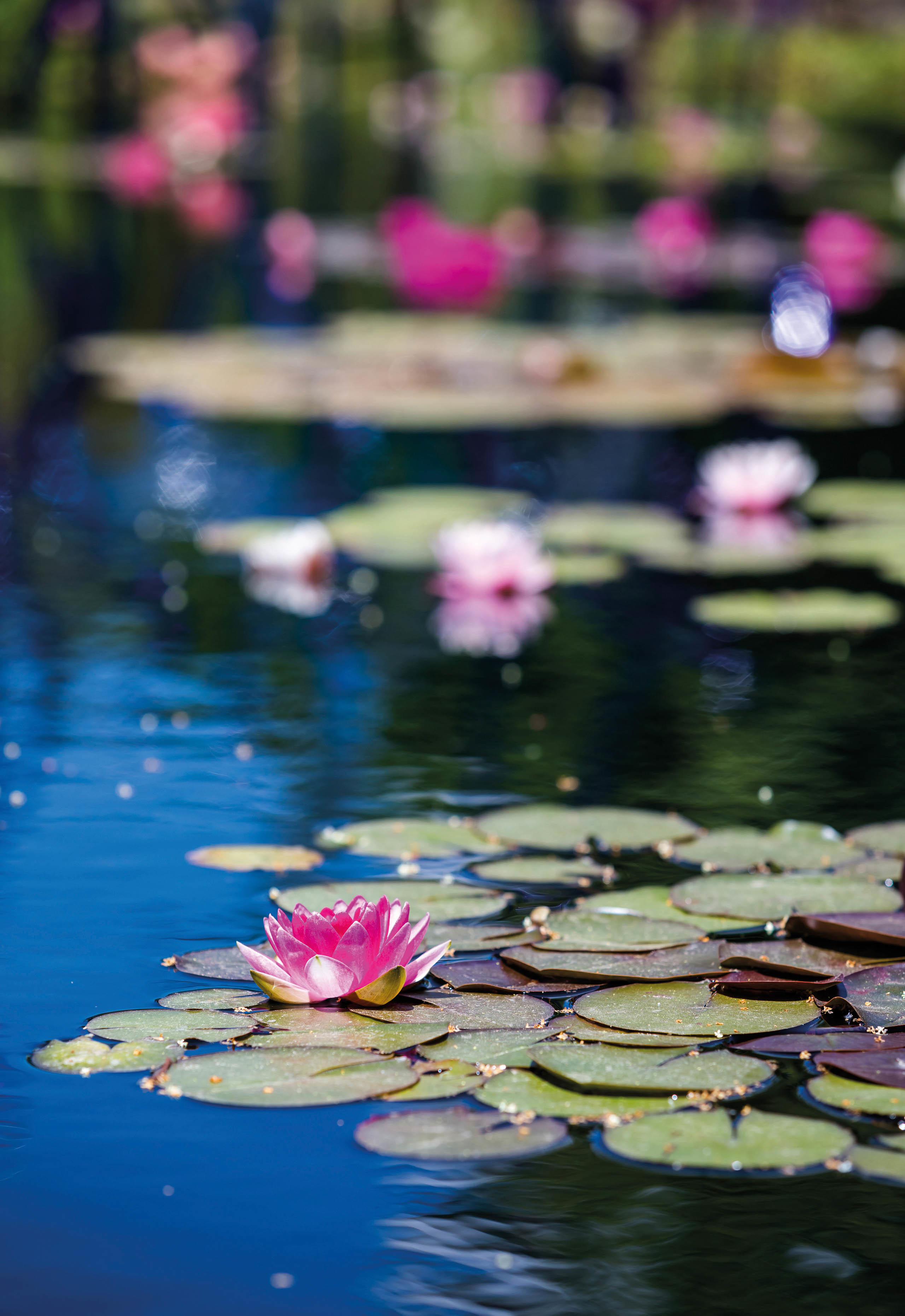Seasonal Tips – August
Funny thing summer, it seems every year it’s too hot, too cold, too wet or too dry. I’ve seen people with sunburn and low water levels on the lakes beside the house so it can’t have been a total
Outdoors
- Cut back prolific
self seeding plants such as Mimulus and Water Forget-me-not after flowering to control their spread next season - Add late-season colour to your pond with Lobelias, Cannas and other flowering plants. Even exotic species can help provide nectar when other plants are setting seed.
- Consider how summer-proof your pond is. Perhaps it needs extra circulation to keep oxygen levels high in the warm weather? Shade in the form of floating or marginal plants can also help but be aware that having too many submerged ‘oxygenating plants’ can lead to critically low overnight oxygen levels as plants consume O2 at night, just like the fishes.
- With the holiday season upon us, don’t forget your pond pets. Start training a willing caretaker and check that all situations likely to cause problems are covered. Installing new filter foams that are less likely to clog is a good idea and their maturation can be hastened by adding a bacterial booster such as ‘Pure pond’. You may wish to leave a smaller quantity of food to prevent over-generous feeding causing water-quality problems,
alternatively automatic feeders are available and can be installed and checked before leaving - Consider adding a free-standing water feature to enhance those sunny evenings relaxing with a cold drink. Feature ponds are also a great way of adding interest to small spaces and make great summer housing for pets such as fancy goldfish and some of the temperate species. Make sure these are safe from predators and easy to recapture when autumn comes.
Indoors
- Now is a great time to service aquarium heaters as ambient temperatures are high enough for them not to be needed. Remove limescale using pond pump de-scaling products and check that cables and fuses are in good shape. If still using an older style heater with a bi-metallic strip, consider pensioning it off in favour of an electronic version. It may not be too critical now but heater failure can be a disaster at any other time of year and there are few tanks where the value of the livestock doesn’t exceed the price of a top of the range model.
- As they’re cold-blooded creatures, fishes and invertebrates at the higher end of their temperature tolerances will be running at a higher metabolic rate. Make sure they receive a bit more food and that oxygen levels remain high.
- Fish can often get in trouble due to the generous nature of holiday caretakers. Prepare feeding rations as above and consider hiding the main pot of food to limit any over-feeding disasters. Small labelled envelopes containing the normal ration or even tablet foods can be useful for this task. For real peace of mind, it’s hard to beat an automatic feeder if set up in plenty of time and adjusted to suit.
- In conjunction with the above, consider leaving a ‘First Aid kit’ for your aquarium nearby. Perhaps a barrel of water for an emergency change, a dip-test kit, spare pump impeller, filter bacteria booster,
fish net and the number of your regular fish shop for emergency help. Put lighting on timers and consider an automatic feeder as an alternative.



